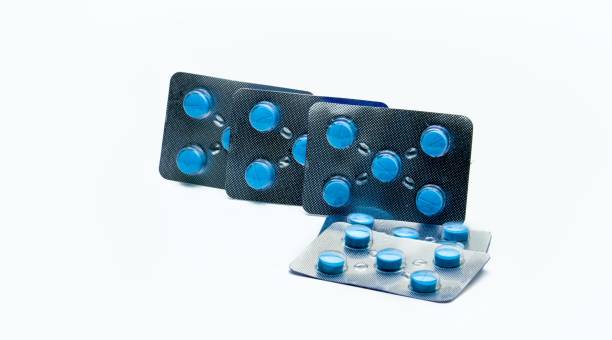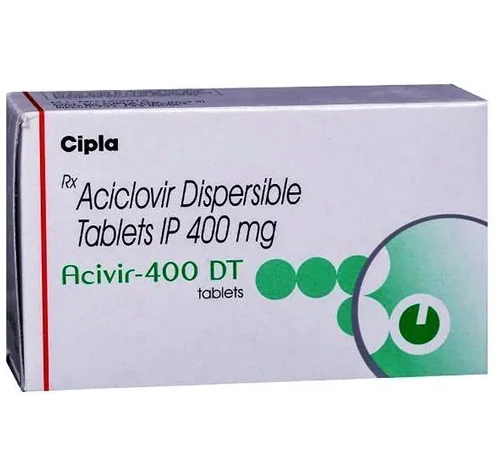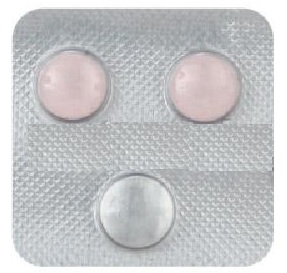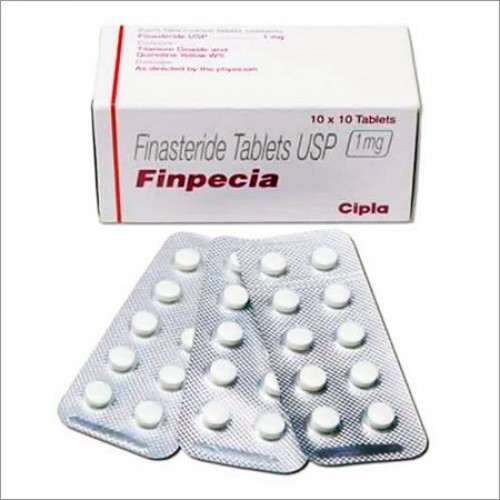
Chickenpox (varicella)is a highly spreadable infection that involves itchy and painful blister-like rashes on the skin. The disease is extremely contagious to people who have not had this infection and who have not been vaccinated against the varicella. Vaccination can prevent chickenpox. Usually, the treatment for chickenpox involves antivirals which help relieve symptoms and discomfort.
Understanding Chickenpox (Varicella zoster Virus) And Treatment of Chickenpox
Chickenpox brings on itchy rashes on the face, scalp, back, and chest with some spots on the legs and arms. Quickly the spots fill up with a clear fluid, break open, and then become brittle. Vraicella found in previously immunized people, is a popular clinical entity. Typically, the disease course is much gentler than traditional primary varicella and is represented by an atypical clinical indication. In this, just a few papules or papulovescicles are found but severe disease with pneumonitis or the involvement of another organ can happen.
How chickenpox is diagnosed?
In most cases, healthcare professionals diagnose chickenpox based on the appearance of the rash. Chickenpox can also be diagnosed through lab tests such as blood tests or a tissue study of affected skin samples.
How to treat chickenpox?
Usually, chickenpox does not require medical treatment in otherwise healthy children. Some children may be prescribed antihistamines to ease itching.
Treating chickenpox in patients with considerable risk of complications
If you develop chickenpox and are at high risk of complications, your healthcare provider prescribes medication to lessen the length of the illness and diminish the risk of possible complications.
For patients having a risk of complications, healthcare professionals prescribe antiviral medicines such as Acyclovir to fight the virus. This drug significantly helps ease the symptoms. However, antivirals including Acyclovir work best when taken within 24 hours after the rash appears.
Effective Treatment and Management of Chickenpox
For healthy children, the primary treatment only requires symptomatic therapy. Oral Acyclovir medication is given to healthy patients possessing a risk of severe infections. Adult patients and immunocompromised patients having chickenpox are prescribed a more tricky course of treatment than children. For that reason, the condition imposes a more aggressive pharmacotherapeutic approach. For the treatment of immunocompromised hosts and immunosuppressed patients with chickenpox, intravenous Acyclovir is given.
A pediatrician can prescribe treatment for children with chickenpox. Adults with chickenpox and without any severe complications can be treated by a primary care physician. Immunocompromised patients with chickenpox should consult an infectious disease specialist versed in recent pharmacotherapeutic advances.
Varicella zoster immune globulin (VariZIG)
VariZIG is meant for used in extremely susceptible varicella zoster virus-exposed immunosuppressed and immunocompromised patients. FDA has approved a live attenuated varicella vaccine was approved for prophylactic use in healthy children as well as adults. Acyclovir in combination with particular anti-varicella herpes zoster immunoglobulins can treat varicella-zoster virus infection in adults.
Oral Acyclovir treatment in immunocompetent patients (adults)
Acyclovir is prescribed to healthy patients possessing a greater risk of severe varicella infections, particularly those above 12 years of age. Acyclovir treatment in these patients commenced within 24 hours of the onset of symptoms and has demonstrated a significant reduction in the duration of lesions and fever along with other symptoms.
Treating immunocompromised or immunosuppressed patients
For treating chickenpox in immunosuppressed children or immunocompromised children intravenous Acyclovir is administered as they are susceptible to life-threatening complications. Severe dispersed disease along with the development of hepatitis, encephalitis, varicella pneumonia, and hemorrhagic complications are more common in such patients.
Treating primary varicella infection in such patients is hard and requires a unified team approach. Research involving new antiviral agents is ongoing and clinical trials are regularly adding new information associated with pharmacotherapeutic options to combat varicella zoster virus infections.
Chickenpox Treatment With Acyclovir

Chickenpox is an extremely infectious disease affecting around 90% of susceptible persons exposed. The morbidity and mortality of this disease in healthy people is trifling. Chickenpox treatment with oral Acyclovir decreases the number of pox lesions and curtails the duration of new lesion formation. The oral medications do not impact antibody response to the vaccine.
Preferably, children receiving Acyclovir improved soon and had fewer systemic symptoms of chickenpox such as fatigue, fever, and loss of appetite. However, the highest mortality due to chickenpox is noticed among immunocompromised patients or elderly patients with shingles due to the reactivation of dormant varicella. Thus, varicella prevention is necessary to reduce mortality from the varicella-zoster virus.
Infants diagnosed with herpes simplex virus infections, be they localized, systemic, or involving the central nervous system, can be treated with Acyclovir. The typical dosage is 30 mg/kg per day intravenously divided into three doses.
The most considerable outcomes of antiviral therapy including Acyclovir therapy have been known to treat herpes simplex gingivostomatitis. A trial involved 72 children. 9 children were given Acyclovir 15 mg/kg five times a day for up to 7 days. It demonstrated dramatic benefits with Acyclovir treatment as compared to the placebo.
Acyclovir for Chickenpox Treatment in Normal Children: A Controlled Trial
Chickenpox is caused by Varicella zoster virus. It affects over three million children every year in the United States. Generally, self-limited chickenpox infection may lead to extended discomfort and is allied to uncommon but serious complications.
A multi-center, placebo-controlled, double-blind study was conducted to determine the efficiency of Acyclovir for chickenpox treatment. The study involved 815 healthy children of 2 to 12 years of age who had chickenpox. Acyclovir was given within the initial 24 hours of rash. Acyclovir was administered orally at 20 mg/kg of the body weight. The medication was given 4 times a day for up to 5 days.
Outcomes
The children who were given Acyclovir had significantly fewer lesions than the children who were given the placebo. In the Acyclovir group, over 95% of patients have not developed new lesions after 3rd day of treatment. On the other hand, 20% children of in the placebo group developed new lesions on the 6th day of treatment and later.
The patients in the Acyclovir group also had quicker progression to the healed stages, fewer residual lesions, and less itching after 28 days. In the Acyclovir group of children, fever and constitutional symptoms were restricted to 3-4 days. In the placebo group, 20% of children had illness for over 4 days.
Children treated with Acyclovir tolerated it very well. No considerable difference was found between the treatment groups in terms of antibodies against the varicella virus.
Conclusion
Acyclovir is considered a safe treatment for chickenpox. It reduces the severity and duration of chickenpox in normal children if the therapy is commenced during the initial 24 hours of the rash. The effectiveness of Acyclovir against rare and fatal complications of chickenpox is indeterminate.
How Acyclovir Works in Chicken Pox in Otherwise Healthy Children

Viral infections in children, infants, and even neonates range from common cold to rare but fatal herpes simplex meningitis. In some children, Acyclovir treatment is an alternative to vaccination for chickenpox treatment and prevention. Antiviral drugs can shorten the duration and ease symptoms associated with certain viral infections.
Chickenpox occurs in around 4 million children every year. Aciclovir is approved for the treatment of acute varicella in otherwise healthy children. When Acyclovir is administered within the initial 24 hours of the onset of rash in kids the constitutional symptoms are diminished. The count of lesions and the time till crusting are also decreased.
In treated children, the defervescence happens more quickly. By the third day of treatment, all treated kids and 75% of untreated kids are free from fever. However, after taking Acyclovir within 24 or more hours of the onset of the rash, no significant benefits are conversed.
Adverse Effects
Acyclovir’s imputable adverse events are uncommon. Gastrointestinal issues may occur rarely. Significant differences have been noticed between Acyclovir and placebo groups in terms of adverse events.
The Dosage
The recommended oral dosage is 20 mg/kg per dose, 4 times a day. Maximum dosage is up to 800 mg per dose. Acyclovir medication is not indicated in infants below 2 years of age and pregnant women.
Wrapping Up
Acyclovir therapy works amazingly against chickenpox, herpes zoster (shingles), and genital herpes infections. As per the Pediatric Infectious Disease Journal, oral Acyclovir therapy helps improve chickenpox in children and adults. The data collected from various studies indicate that oral Acycloclovir effectively inhibits the replication of primary and secondary viraemia. Patients treated with Acyclovir mostly progressed directly to the healed stage.






